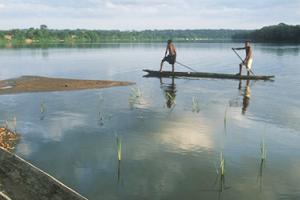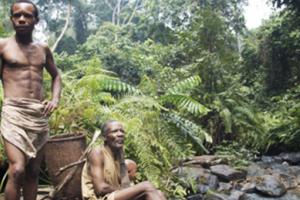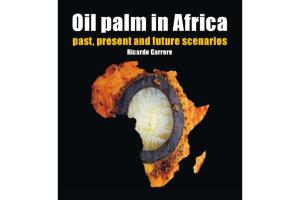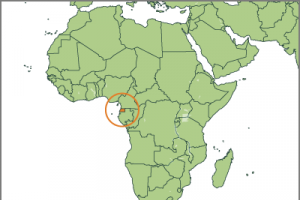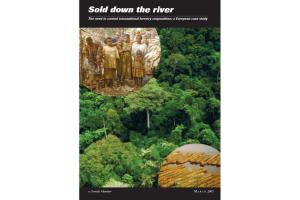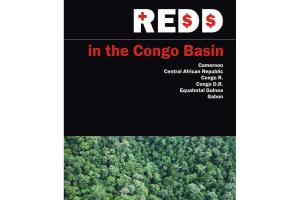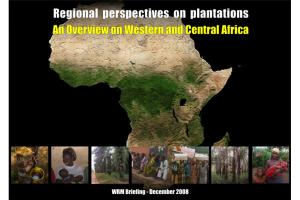The Congo Basin in Central Africa contains the second largest forest in the world. Its extensive territory is shared by six countries: the Democratic Republic of Congo, the Republic of Congo, Gabon, Cameroon, the Central African Republic, and Equatorial Guinea. With this Bulletin we seek to explore in depth and report on the intense land-grabbing that people are confronted with and resist in this region—a forested area that houses and provides the livelihood and sustenance for around 30 million people.
Equatorial Guinea
Other information
16 September 2015
A report from the Rainforest Foundation UK, shows how attempts of community based forest management in the Congo Basin thus far have not been able to transfer meaningful rights or benefits to local communities. Only around 1% of the total Congo Basin is under the formal control or management of local communities while industrial-scale logging represents by far the biggest land use in the region.
Bulletin articles
10 July 2015
Publications
30 August 2013
Governments are opening the doors to corporations for planting vast areas of land with oil palm plantations. This trend is not only happening in West and Central African countries, but is even expanding to parts of Eastern Africa. Large scale oil palm plantations are already causing serious environmental and social impacts in some countries, resulting in loss of community rights over their territories.
Other information
17 April 2011
Sold Down the River - The Need to Control Transnational Forestry Corporations: A European Case Study
By Forests Monitor, 2001
Sold Down the River - The Need to Control Transnational Forestry Corporations: A European Case Study
Publications
11 December 2010
The forest of the Congo Basin expands over an area of continuous tropical rainforest cover only second to that of the Amazon forest. Those forests are currently receiving a lot of attention within the Climate Change negotiations.
Other information
29 July 2010
The oil palm is native to this and other countries of the region, where its sap is collected to make palm wine, its dates used in cooking oil produced in cottage industries. The product was traditionally exported before the establishment of plantations, that by 1968 covered some 7,000 hectares. The seedlings planted originated from more productive varieties developed in Asia. Although those plantations were abandoned, they continue to produce some bunches, similar to those of the native palms, for family consumption.
Publications
15 December 2008
Oil palm and rubber plantations occupy extensive areas in many countries in tropical Africa. In spite of their social and environmental impacts, until now they have received scant attention both at the national and international level.
Bulletin articles
11 August 2001
Equatorial Guinea is a forest-rich country, and its valuable species --Okoumé, Ilomba, Andouk-- have attracted the logging industry, particularly since the early 1990s. Most of the country --some 2.2 million hectares-- is covered by forests, which provide for the livelihoods of between 80-90% of the population, which obtains fuelwood, food, medicines, building materials and other products from it.
Bulletin articles
12 May 2001
For its size, Equatorial Guinea holds a remarkable biodiversity both in its continental zone --Mbini-- and in its two main islands, Pigalu and Bioko. Continental Equatorial Guinea is covered by dense tropical rainforest that is exploited by the lumbering industry. It contains more than 140 wood species, of which the most commercially important are okume (Aucoumea klaineana), African walnut, and various mahoganies. This has attracted the logging industry, which has been the main responsible for a severe process of deforestation particularly in the coastal regions of Mbini.
